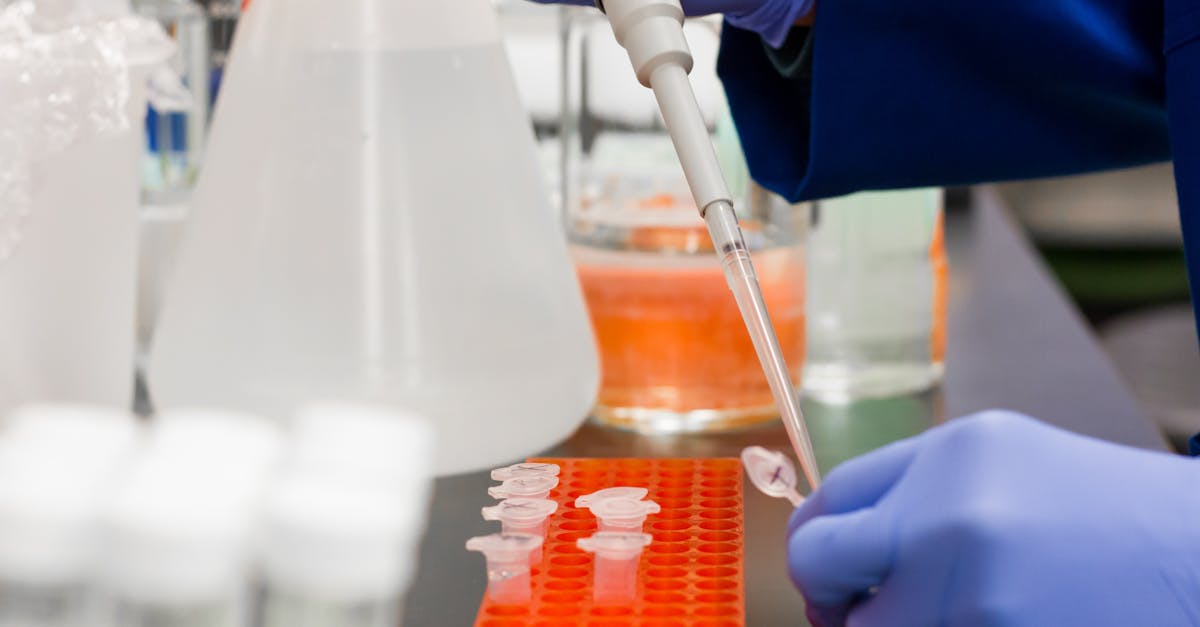Published on:
5 min read
Understanding the Pneumonia Vaccine: A Crucial Health Decision
Pneumonia can be a serious illness, especially for vulnerable populations. The pneumonia vaccine plays a vital role in prevention, reducing hospitalizations, and protecting one’s health. In this post, we’ll explore the vaccine's importance and address frequently asked questions.

What is Pneumonia and Why is Vaccination Important?
Pneumonia is an infection that inflames the air sacs in one or both lungs, leading to symptoms like cough, fever, chills, and difficulty breathing. It can be caused by a variety of organisms, including bacteria, viruses, and fungi. While pneumonia can affect anyone, certain populations, such as young children, the elderly, and individuals with weakened immune systems, are at a higher risk. Understanding the severity of pneumonia and its implications highlights why vaccination is key. The pneumonia vaccine effectively reduces the risk of severe illness, hospitalizations, and even death, significantly benefitting both individual and public health.
Types of Pneumonia Vaccines Available
There are two main types of pneumonia vaccines: the Pneumococcal Conjugate Vaccine (PCV) and the Pneumococcal Polysaccharide Vaccine (PPSV). PCV is generally recommended for young children and for adults with certain health conditions, while PPSV is meant for older adults and those with specific health risks. Both vaccines protect against various strains of pneumonia-causing bacteria, but they work differently. The PCV prompts a stronger immune response and is given in a series, while the PPSV offers broader coverage in a single shot. Consult a healthcare provider to determine which vaccine is suitable for you based on personal health history and age.
Common Misconceptions About the Pneumonia Vaccine
Despite the benefits of pneumonia vaccination, several misconceptions persist. One common myth is that pneumonia vaccines are only necessary for the elderly; however, young children, which are also at high risk, should receive vaccinations at an early age. Another misconception is that getting the vaccine can cause pneumonia; however, the vaccines use inactivated bacteria or polysaccharides that cannot cause the disease. Additionally, some believe that vaccines offer 100% protection; while they significantly reduce the risk, vaccinated individuals can still contract pneumonia, but symptoms are usually milder. Addressing these misconceptions is crucial in promoting wider adoption of the vaccine and protecting community health.
Conclusion: The Significance of Pneumonia Vaccination
In conclusion, the pneumonia vaccine is an essential tool in preventing a potentially life-threatening illness. By understanding the types of pneumonia vaccines available and debunking myths surrounding vaccination, individuals, families, and communities can better protect themselves against pneumonia. Ensure to consult with a healthcare provider about getting vaccinated and maintaining overall health. Remember, prevention is always better than cure!
Published on .
Share now!










